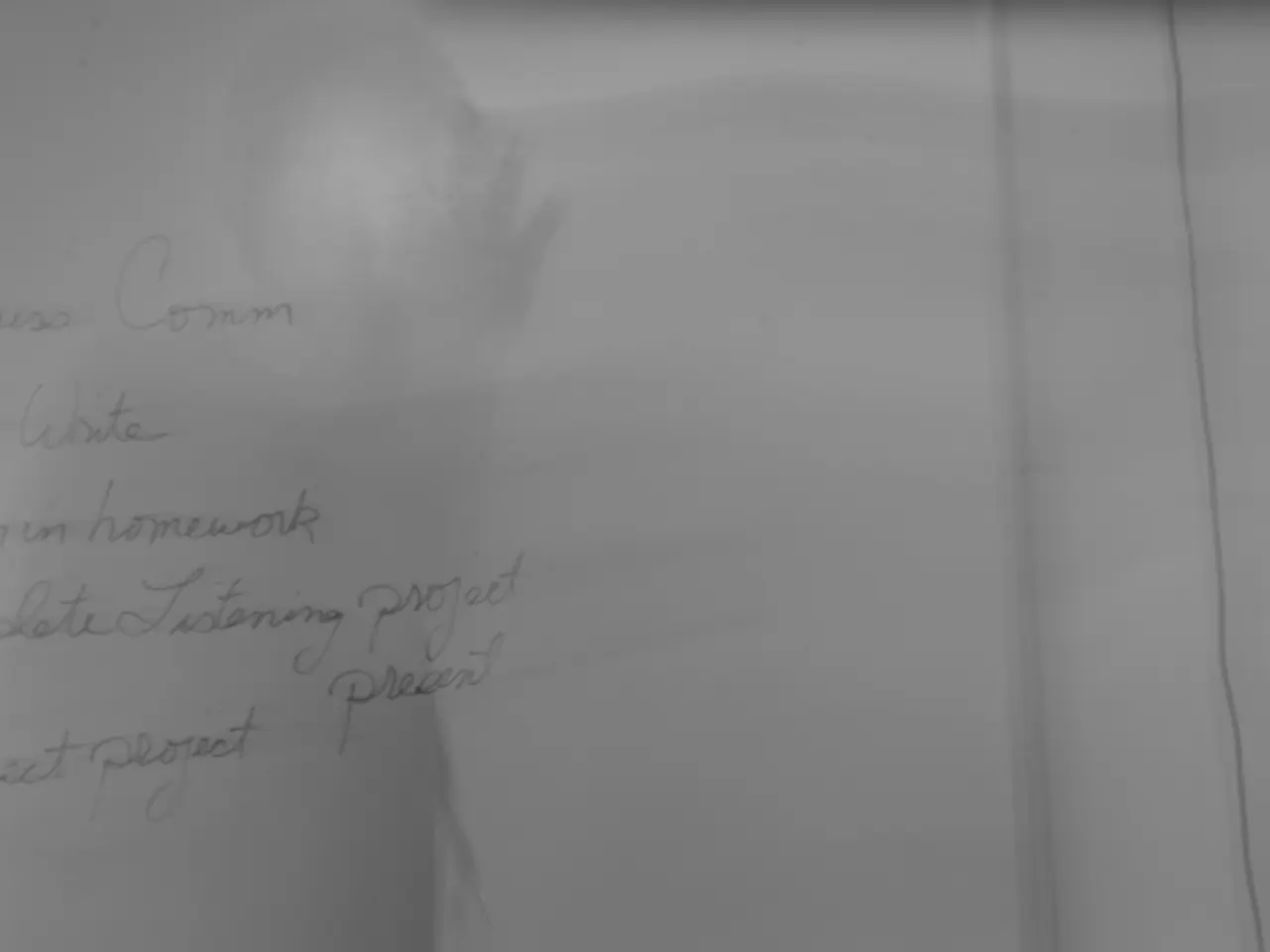Political Action to Reverse Gambling Tax Adjustment through FAIR BET Act Advancement
News Article: The FAIR BET Act Aims to Restore Full Gambling Loss Deductions
The FAIR BET Act, a bill sponsored by Representatives Dina Titus (D-NV) and Ro Khanna (D-CA), is making waves in the United States Congress. This legislation seeks to restore the full 100% tax deduction on gambling losses for taxpayers, countering a recent change in tax law that limits the deduction to 90%.
The FAIR BET Act, if passed, would amend Section 165(d) of the Internal Revenue Code, replacing the 90% limitation with a full 100% deduction of gambling losses against gambling winnings. This adjustment would allow individuals who report gambling income to deduct all their losses without facing a tax penalty on losses that offset their winnings.
The context for this bill is the passage of the One Big Beautiful Bill (OBBB), which introduced the 90% cap on gambling loss deductions. Under this rule, a gambler who won $50,000 but lost $50,000 over the tax year would still owe taxes on 10% of those losses—or $5,000—that they did not effectively keep.
The FAIR BET Act was introduced shortly after this law was enacted to "bring fairness back to gaming taxation" and address concerns from both recreational and professional gamblers, who argue that the current limitation harms their ability to make a living.
The bill has gained bipartisan support in the House, with multiple cosponsors from both parties, reflecting the widespread popularity of regulated gambling in many states and the perceived unfairness of the 90% deduction cap. It has also found backing among gambling industry groups that previously supported the broader tax bill but now favor restoring the full gambling losses deduction.
Professional poker player Phil Galfond has warned that the change could end the careers of many professional gamblers and hurt casual bettors as well. Tax experts also say the revenue projections at $1.1 billion from sports betting taxes are misleading and short-sighted.
With sports betting taxes now a major contributor to federal and state coffers, the implementation of the new tax rule could have significant effects. The FAIR BET Act has already ignited interest from lawmakers in states with legal sports betting and casino gambling.
The FAIR BET Act, if passed, would fully restore the long-standing ability for gamblers to deduct 100% of their losses against reported winnings, ensuring that gamblers are not taxed on net income they never actually realized.
References:
- FAIR BET Act Introduced to Restore Full Gambling Loss Deductions
- FAIR BET Act: What It Means and Why It Matters
- The FAIR BET Act: A New Hope for Gamblers and the Casino Industry
- FAIR BET Act: A Step Towards Fairness in Gambling Taxation
- The FAIR BET Act: A Potential Game Changer for Gambling Taxation
- The FAIR BET Act, a proposed legislation, aims to restore the full 100% tax deduction on gambling losses, a change that was limited to 90% after the passage of the One Big Beautiful Bill (OBBB).
- The bill, if passed, would amend Section 165(d) of the Internal Revenue Code, allowing individuals who report gambling income to deduct all their losses without facing a tax penalty.
- The FAIR BET Act has gained bipartisan support in the House, with gambling industry groups also backings its passage, as they argue it would be fairer for sports betting, casino, and other forms of gambling.
- The bill has garnered attention not only in the United States Congress but also from lawmakers in states with legal sports betting and casino-and-gambling industries, as it could have significant effects given the increasing revenue from sports betting taxes.
- Critics of the 90% cap on gambling loss deductions argue that it could harm both professional and recreational gamblers, potentially ending careers and impacting general-news headlines, including sports betting, casino, politics, finance, and general-news sectors.




